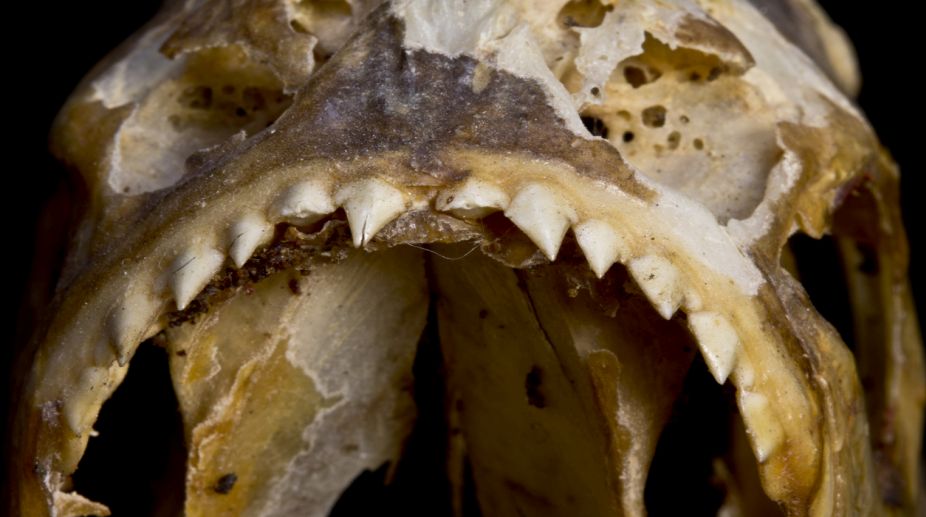Aus state closes beaches after shark attack
Authorities in Australia’s New South Wales (NSW) state on Friday ordered the closure of beaches in Port Macquarie town after…

Representational Image (Photo: Getty Images)
The remains of a pre-historic shark were discovered near Peru's Lake Titicaca.
According to the Ministry of Culture, the "Pucapampella Shark" is believed to be the 400- million-year-old precursor to today's vertebrae, Xinhua news agency reported on Monday.
Advertisement
The fossil was unearthed at the paleontological site of Imarrucos, northwest of Titicaca, the world's highest navigable lake, said the ministry.
Advertisement
The remains are believed to date from the Devonian epoch, also known as the "Age of Fish", when various fish species emerged.
Due to its value to paleontology research, Peruvian officials are looking to protect the site by placing it on the list of National Cultural Heritage sites.
"That will serve to legally protect it and encourage the scientific study of these fauna, given their great paleontological potential to learn more about the history of life from its origins and its early evolution," said Leonardo Zevallos, from Peru's Department of Cultural Heritage.
"Soon, we will be able to talk with more knowledge about the Peruvian Devonian seas and their biodiversity," Zevallos added.
Advertisement
Authorities in Australia’s New South Wales (NSW) state on Friday ordered the closure of beaches in Port Macquarie town after…
It found that Australia is home to more than a quarter of the world's cartilaginous fish species, with 182 sharks, 132 rays and 14 chimaeras calling Australian waterways home and that 12 percent, or 39 species, are facing extinction.
Such incidents are rare in Seychelles, though two tourists, one French and one British, were killed in shark attacks off Praslin in August 2011.
Advertisement
